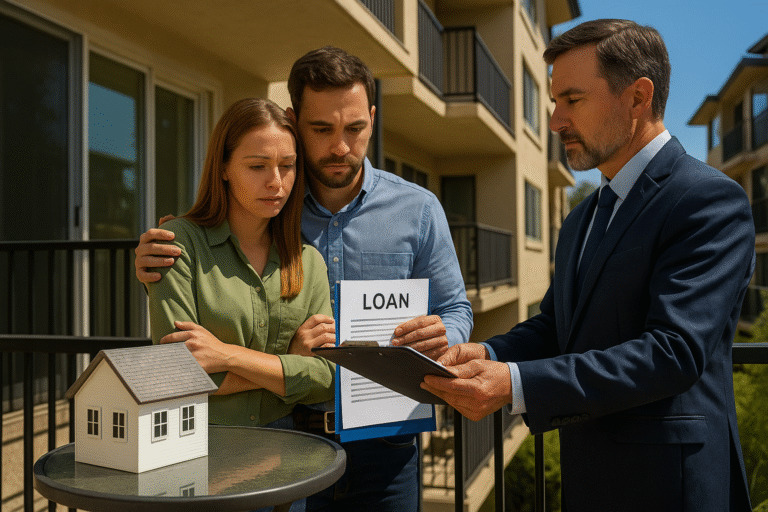
SB326 is Disrupting Condo Loans in California
A recent report by Fox40 and EIN Presswire reveals that SB326 is disrupting condo lending statewide, causing delays, rejections, and additional scrutiny for both purchases and refinances.

A recent report by Fox40 and EIN Presswire reveals that SB326 is disrupting condo lending statewide, causing delays, rejections, and additional scrutiny for both purchases and refinances.
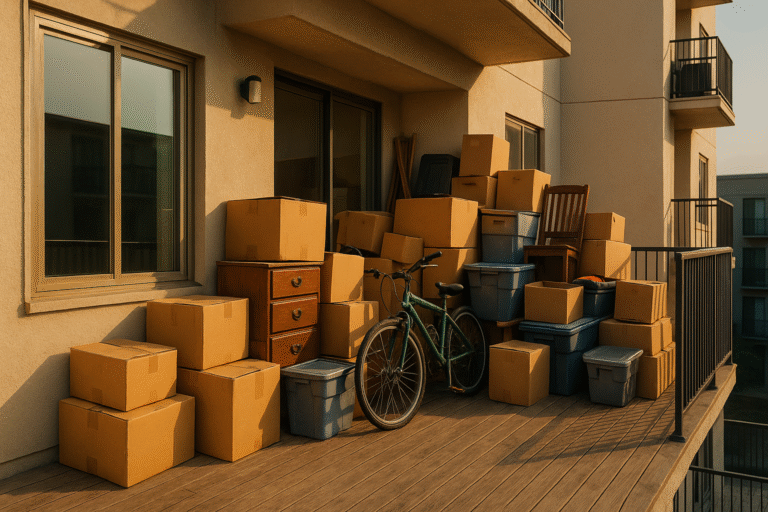
California's SB721 and SB 326 laws were enacted to prevent catastrophic balcony failures by mandating regular inspections of exterior elevated elements (EEEs). These inspections aren't just about finding rot or faulty construction; they're also crucial for identifying the insidious damage caused by everyday use and, often, by our very own storage habits.
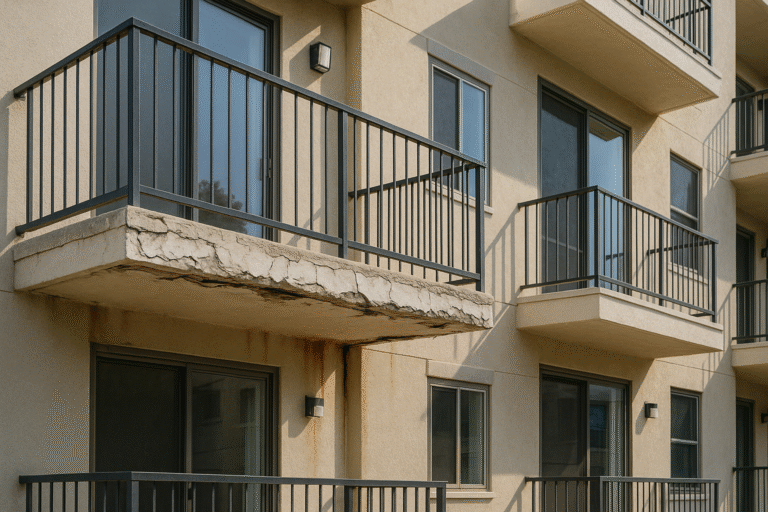
These laws require professional inspections for elevated wood-based structures in multi-family buildings and condos. Not just to check boxes—but to catch what you might not see: the “silent killers” of structural integrity.
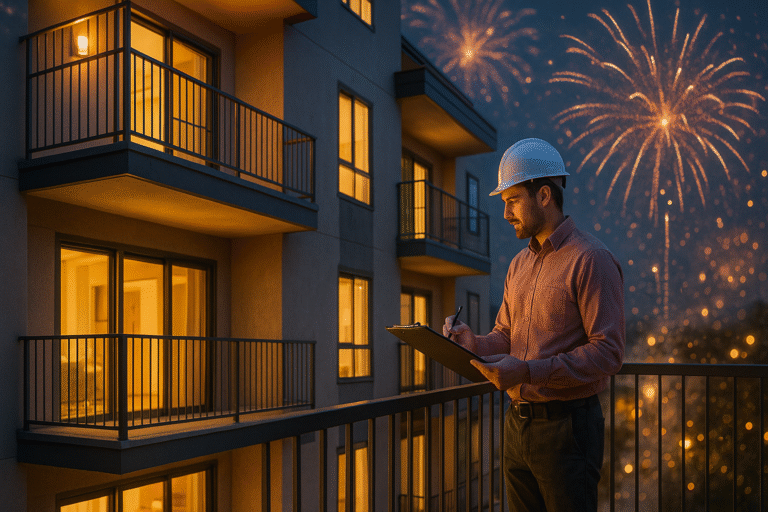
SB 721 and SB 326 require regular inspections of balconies and other exterior elevated elements in California apartment buildings and condominiums. Missing your deadline can result in fines, liability, and safety risks.
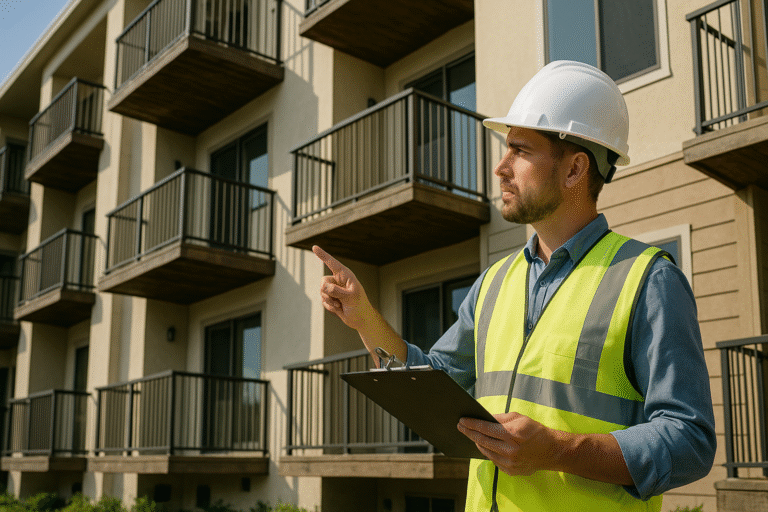
With evolving legislation like SB721 and SB326, California’s balcony inspection laws have already placed new responsibilities on property owners.

With evolving legislation like SB721 and SB326, California’s balcony inspection laws have already placed new responsibilities on property owners.
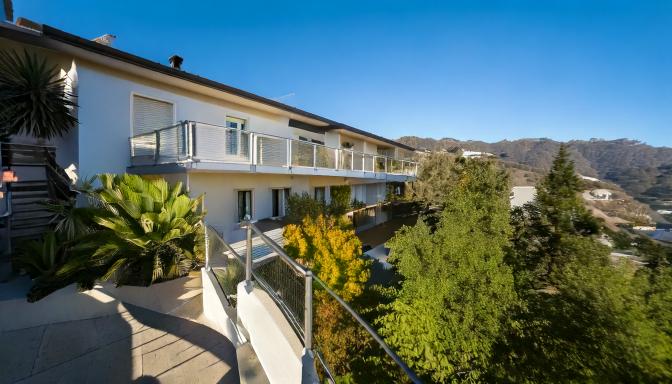
With evolving legislation like SB721 and SB326, California’s balcony inspection laws have already placed new responsibilities on property owners.
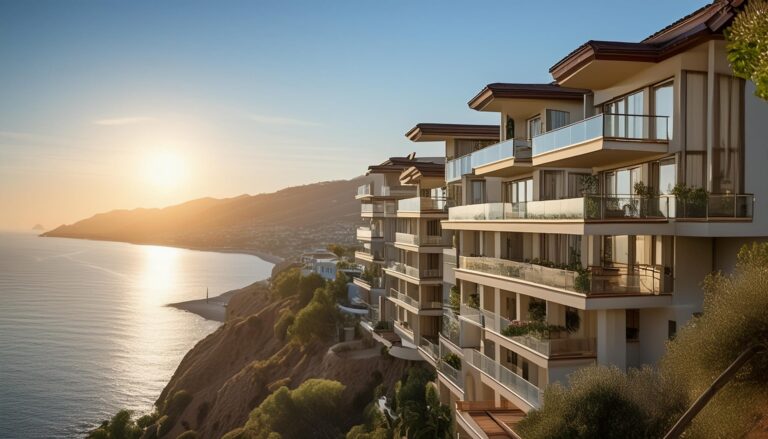
As of January 1, 2019, SB721 officially took effect. And with it came a big shift in how property owners are expected to treat their buildings.
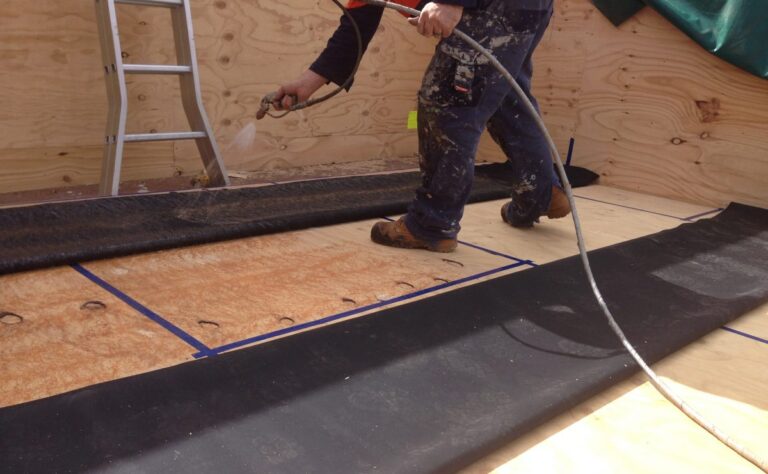
Waterproofing Balcony: Your Key to a Safe, Dry Space Imagine this: you’re leaning on…
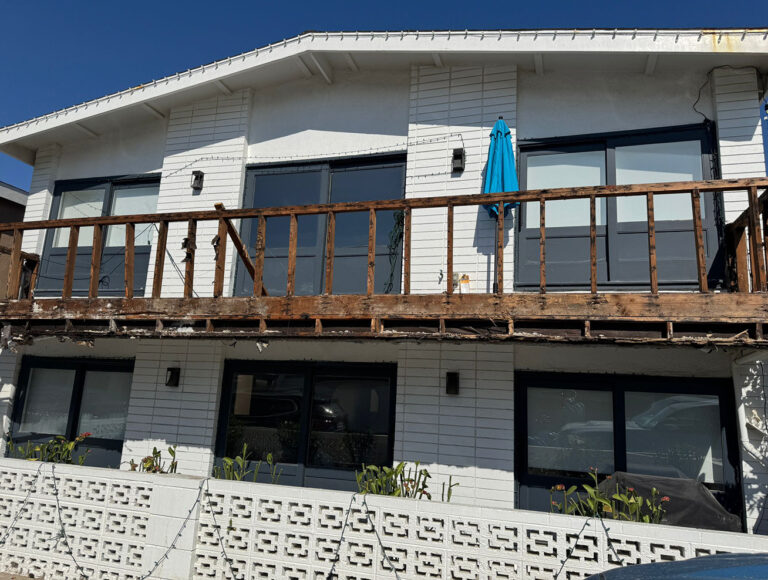
What Is a Cantilever Deck? Your Friendly Rundown Table of Contents What Is a Cantilever…